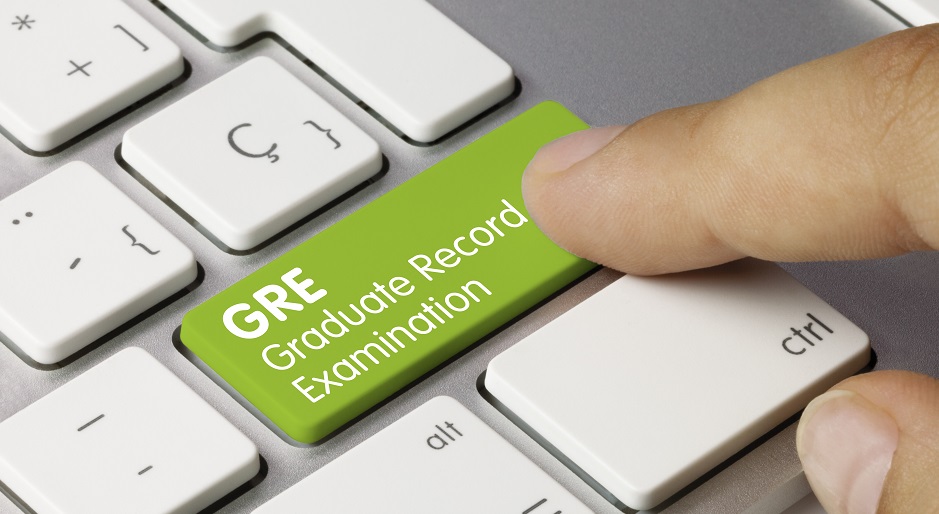Graduate Record Examination (GRE) is your pathway to a coveted postgraduate program in top-ranked institutions in the United States and Canada. GRE is a standardized test that evaluates your verbal, analytical, and quantitative abilities.
Every year, a deluge of students applies for the GRE to gain entry into their prospective schools. According to the ETS, the number of students who took the GRE from 2015 to 2018 was a staggering 2 million. However, to join the ‘99 percentile students’ league, you’ll need some handy tricks to target your prep and navigate the test with shrewdness.
To help you steer in the right direction, below is a rundown of GRE fundamentals:
1. Begin Your Preparation Early
The key to passing the GRE is to start early. It would be best if you prepare within 2-3 months before the GRE. However, depending on your baseline understanding, you might even have to consider 5 to 6 months to complete your prep.
This time will help you understand the GRE’s complex and challenging structure, practice mock tests, and find the best test prep toolkit available in the market. Moreover, the more time you allot preparing, the more you’ll have time to balance other aspects of your life.
2. Crack The GRE Quantitative Exam
Students often fail to identify the test’s trickery, especially when it comes to time management. This pressure often results in students choosing the wrong answers. One of the best solutions to this problem is practicing.
As mentioned, one thing that’s quite troubling to manage on the GRE is time. If you’re well-versed on the subjects, you have an excellent chance of solving most questions within a minute. This gives you ample time to invest more time on the tougher problems, especially in the data interpretation section, where problems require at least 2 minutes to solve.
One important thing to remember is that the test doesn’t only judge you entirely on your mathematical knowledge but also your ability to analytically reason. The only way to enhance your analytical capacities is to practice a vast variety of problems revolving around GRE’s main mathematical concepts, including the following:
- Geometry
- Sets
- Speed, time, and distance
- Work Rate Time
- Counting and Probability
- Number statistics
To make the best of your practice exercises, solve 20 questions in sets. Your end goal is to solve these many quantitative questions in 35 minutes.
Crack The GRE Verbal
In the verbal section, students often mistake memorizing vocabulary by rote and, consequently, fail in the sentence equivalence and sentence completion portions. This strategy worked fine when the GRE was based on the old format–where most of the verbal section comprised of antonyms and synonyms.
However, in the new and improved GRE, you need to know the contextual meaning of words in sentences and paragraphs. Most of the time, the vocabulary isn’t tough. However, its interpretation in sentences is hard to comprehend.
Mostly, you have to decipher the meanings of words by identifying important clues and transition words. For example, contrasting words often signal that the direction of the sentence is taking a different direction. Words like ‘however’ and ‘on the other hand’ are prime examples.
When preparing for the GRE vocabulary exam, instead of mindlessly memorizing, try to understand what the words signify in different contexts. One thing you can do is use these words in different sentences to commit their usage to memory.
The most difficult part of the GRE verbal exam, however, isn’t vocab, but reading comprehension. Fortunately, you can use many strategies to tackle this section. But, you have to find a tactic that works best for you.
Some strategies that have a proven track record of yielding results include:
- Instead of wasting time on every detail, scan through the text, then understand the main idea of the passage.
- Make notes as you read. This will keep the details of the passage fresh in your mind, reducing the possibility of revisiting it a third or fourth time.
- After jotting down the notes, don’t rush to answer the questions. When you’re ready to answer your questions, sequentially run a visual movie of the passage’s major points. This will do wonders to activate your ‘visual memory,’ which is much better at holding information than its textual counterpart.
Summing Up
To get a high score in the GRE, you need to go through a lot of genuine tests, build mental endurance to last the 3 hours and 45 mins of the test, and target and work on your weak spots. When you’re aware of the traps and tricks the test poses, you’ll be better placed to narrow down your choices and choose the correct answers, which will only come with practice and hard work.

